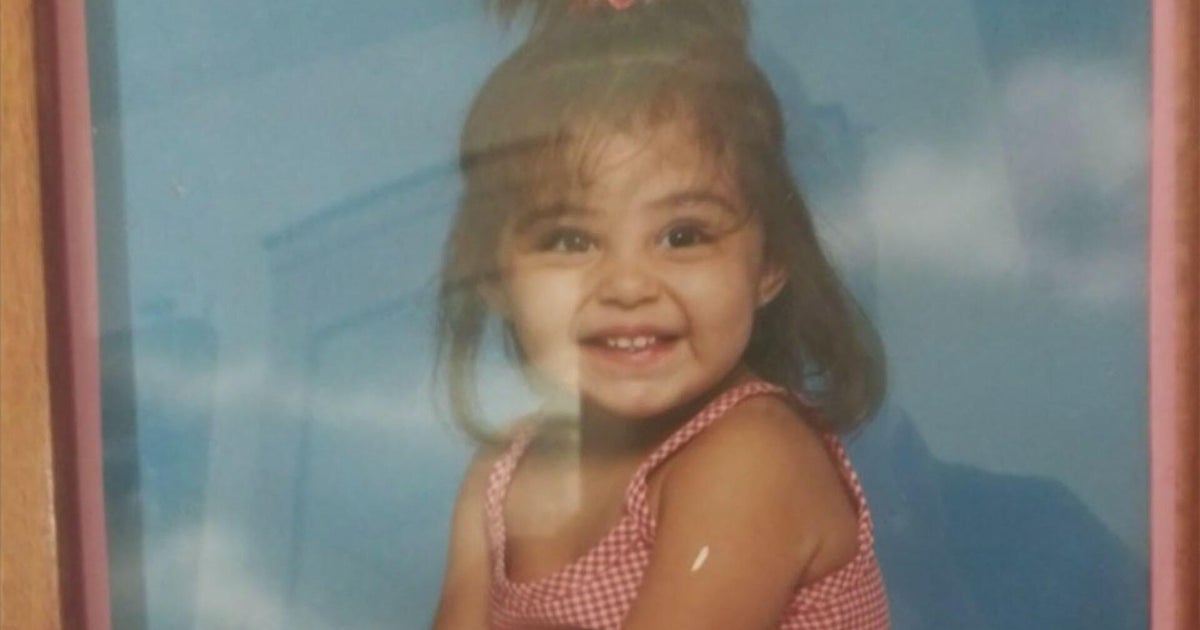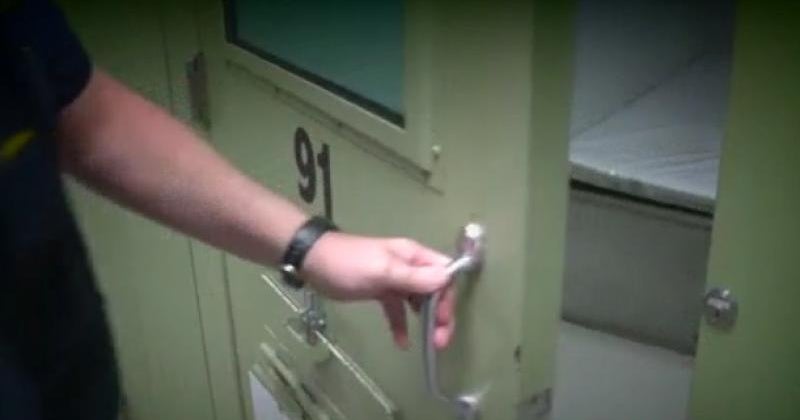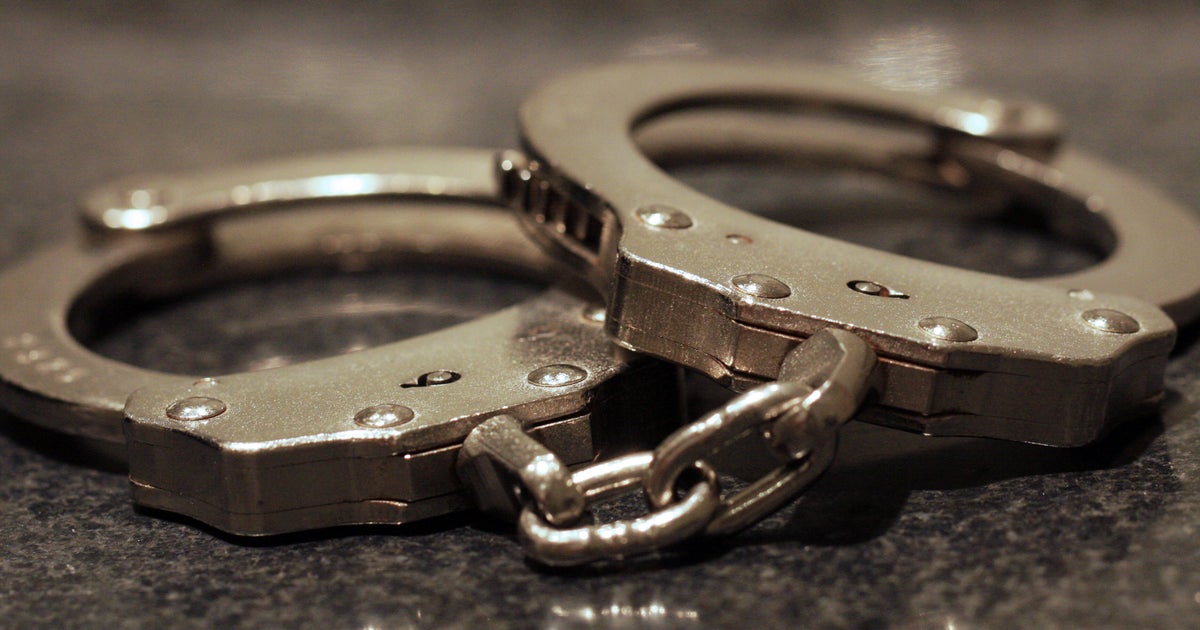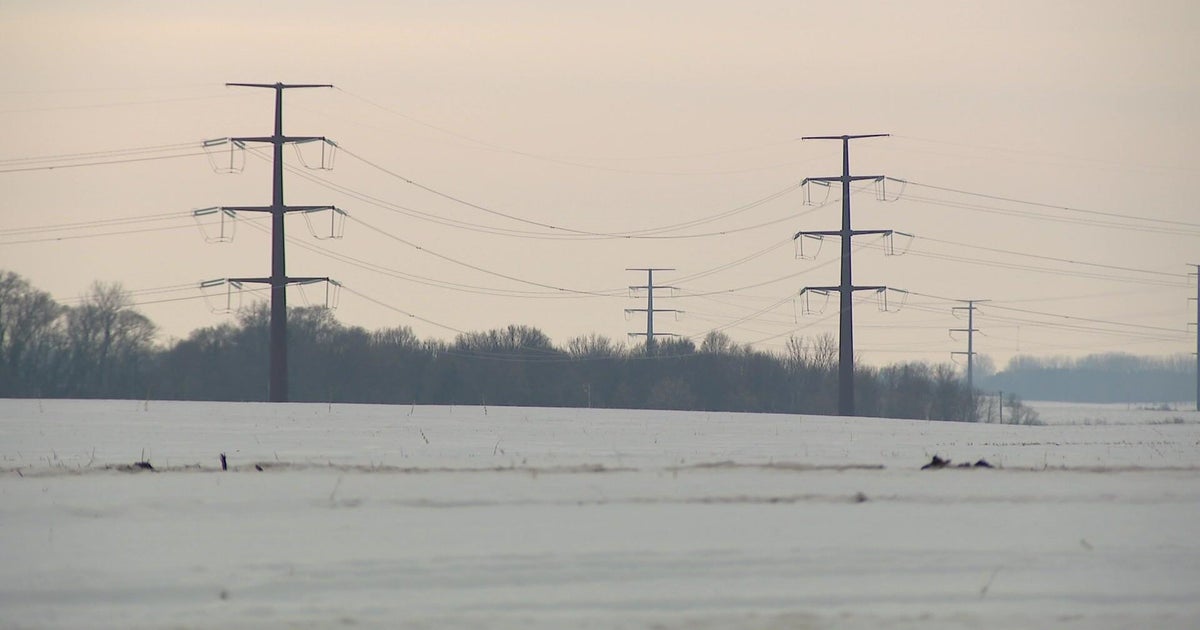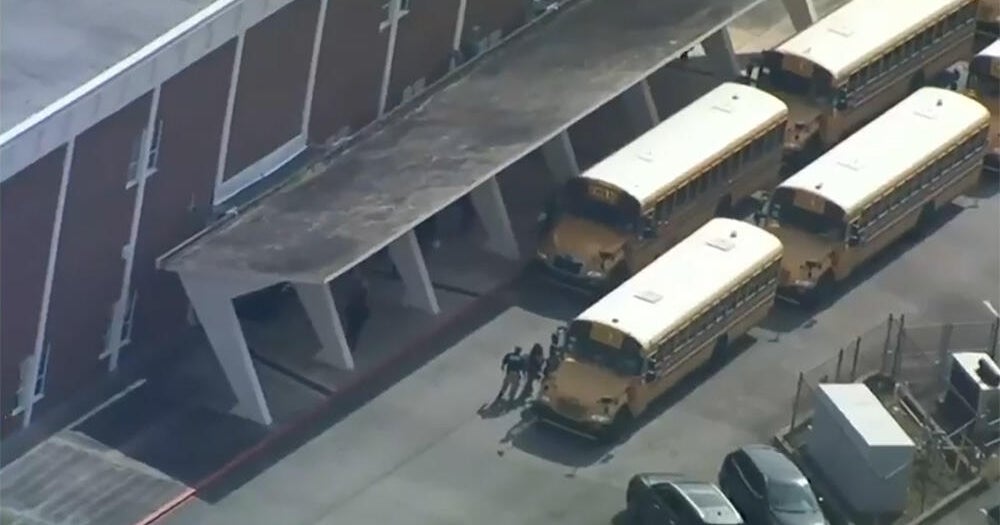"Shock to the system": The difficulties of reintegration after incarceration
ST. PAUL, Minn. -- A former Minneapolis police officer convicted of manslaughter for killing a woman while on duty is now out of prison.
In 2017 Mohamed Noor shot and killed Justine Ruszczyk Damond after she had called police for help when she believed someone was being assaulted.
Noor's case is unique given the high-profile attention he's received, but reintegrating back into society after incarceration is hard for everyone.
Gina Evans serves as the secretary to the Board of Directors at the Minnesota Second Chances Coalition, a nonprofit that helps those once incarcerated rebuild their lives.
Evans said she got sober in 2013, struggled with addiction for 15 years and had an even longer history of criminal behavior.
"The longest amount of time that I ever did was 14 months in a row behind bars," she said. "Just getting out and getting reintegrated so sight and sound and color is really a shock to the system."
Evans received a pardon and has worked for years to turn her life around and now helps others.
She said life after incarceration is tough. There are barriers in place to protect the community, but that in turn makes it very hard for anyone trying to start over to be able to get a job or find housing.
"And then to right away have to go visit your parole officer and then to have to hurry up and get a job and do all these expectations, it's tough. And then the longer of time you do in prison, people talk about being institutionalized, the longer you do in prison, the harder that reintroduction into community is," she said.
Evans also said if that person being released has a family, doing simple things like volunteer at their child's school or coach can also be tough given all of the barriers in place.
